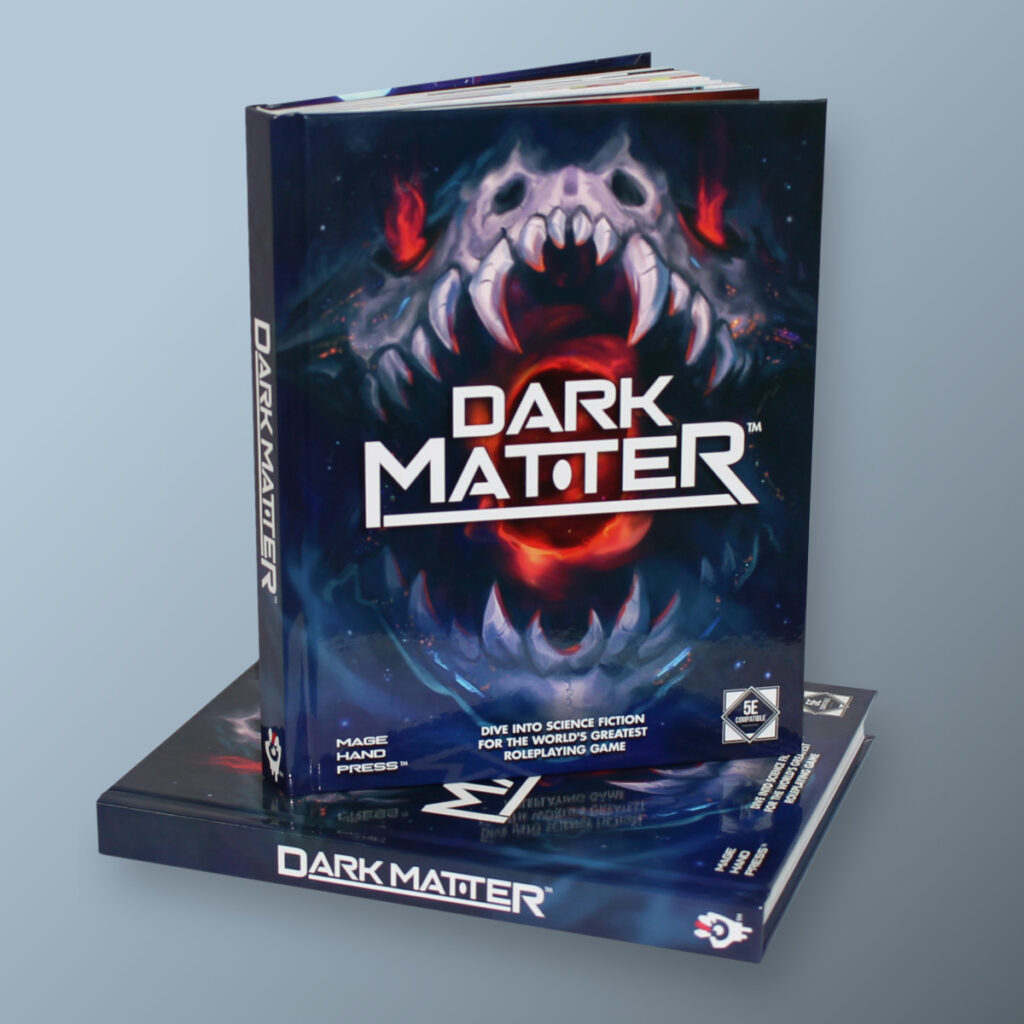The other day, I played in a game for the first time with one of my good friends and got swept up in their house rules. I toy with a lot of game mechanics in a given week, but I’m always floored when I find a new mechanic that’s simple, intuitive, and fun, especially if I’ve never considered it before. Here’s two rules I’m stealing from their table (with permission) to bring to you:
Variant Rule: The Coin
The players have a special coin they can choose to flip before or after they make an ability check, attack roll, or saving throw. Any player can use the coin. On tails, add a +1 bonus to the roll. On heads, add a +4 bonus to the roll.
Once this coin is flipped, it’s given to the DM, who can use it at any time to help a monster or NPCs roll, passing it back to the players once it’s been flipped.
Why I Love This Rule
It’s never a good feeling when, in the midst of a life or death fight, you roll 1, maybe 2 under your goal. Especially in low-level games, when your proficiency bonus and ability scores amount to pretty low ability checks, attack rolls, and saving throws, this is going to happen quite often, and might cost a player character their life.
This rule is simple and provides a valid solution for the problem of rolling just shy of success. Yet, it also presents a shifting balance of power — using the coin hands the power back over to the DM, who will certainly use it for evil in the near future. Use the coin wisely, or it might be your downfall.
Variant Rule: Luck Pool
When the DM calls for an ability check with a relatively low DC, and a player rolls a natural 20, the player can ask the DM if they can store this die in their Luck Pool. If the DM agrees, the player gains a die in their Luck Pool, which they can spend at any time to maximize a die roll instead of rolling it. Maximizing an attack roll does not change a normal hit to a critical hit. If a die in the luck pool is not spent at the end of the session, it is lost.
Why I Love this Rule
Rolling a 20 on a d20 is always exciting, but sometimes that roll isn’t exactly important. In any given game, the DM calls for ability checks with a low DC to progress the story (e.g. “Make a Wisdom (Perception) check to notice the important detail.”) These disposable rolls are important to making D&D interactive, but sometimes feel like they waste your best rolls. Obviously, this isn’t the case; luck isn’t a resource that you can run out of with frivolous rolls, but it can certainly feel that way, which is why this rule is great.
This rule has two built-in valves to control the power it gives to players. First. it is given out the by DM. After all, the DM is the only person at the table who knows if an ability check is truly insignificant, and is also charged with keeping the game balanced for everyone involved. Secondly, the Luck Pool only lasts for one session. This is reasonable because the Luck Pool is designed to provide catharsis for wasted rolls, a sensation that doesn’t really last between sessions. Moreover, it keeps a player from stockpiling 20s for an entire campaign, just to kill the big bad boss at the end.



